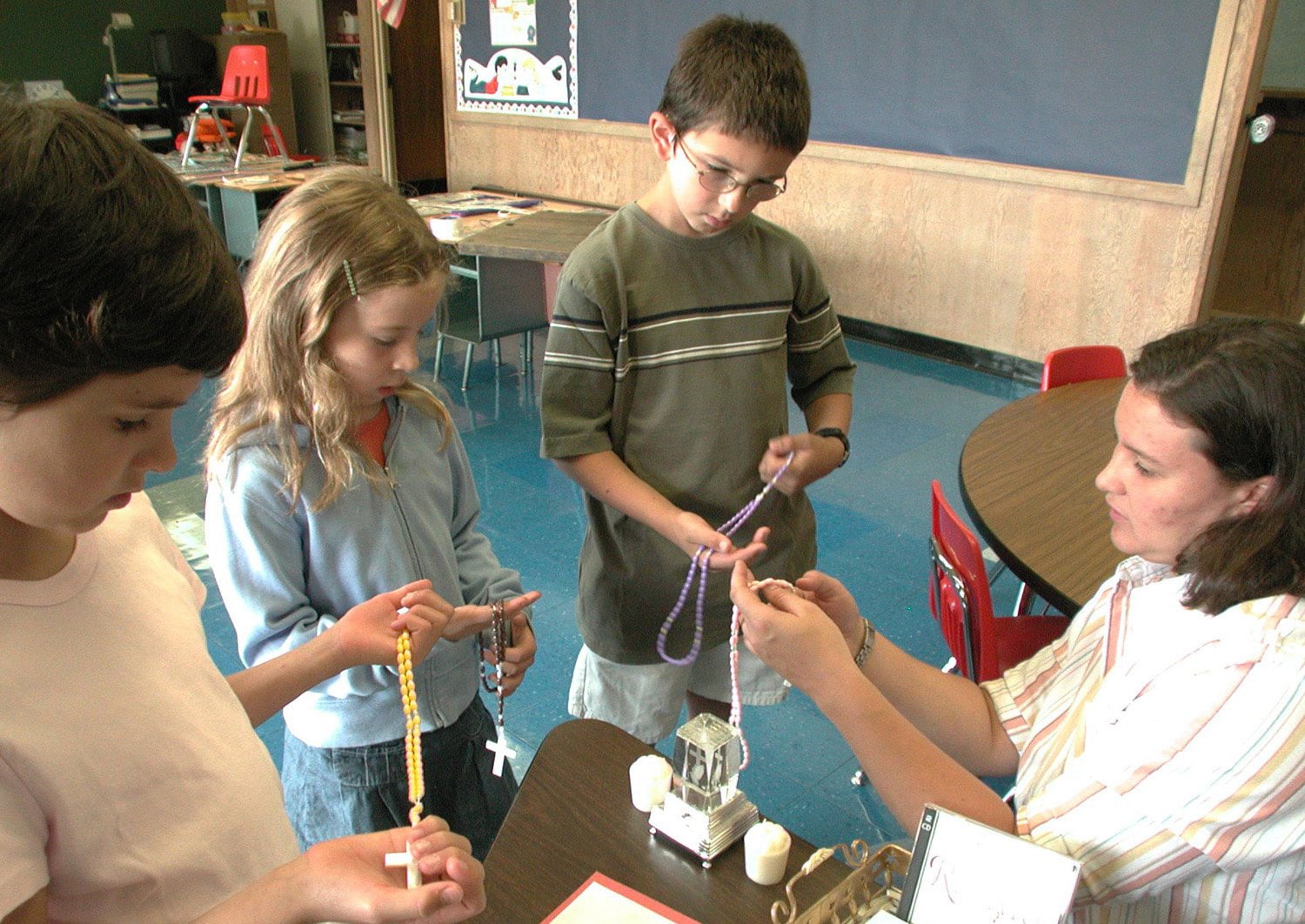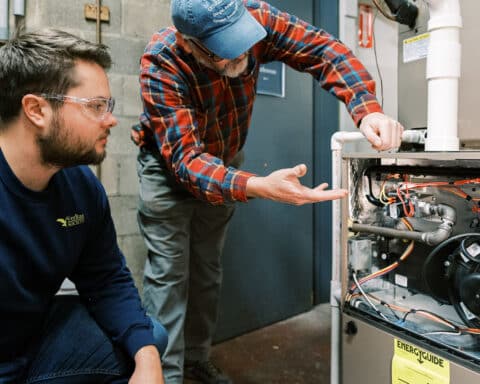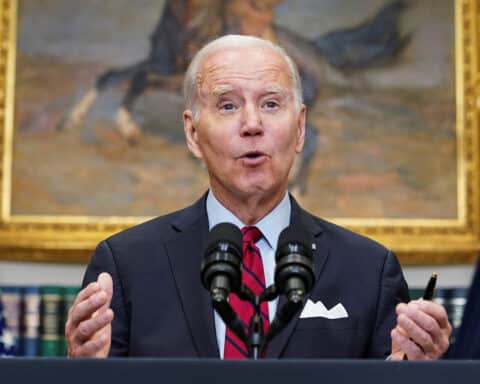The Archdiocese of Portland in Oregon, led by Archbishop Alexander K. Sample, announced that it is putting its school system under the overall priority of evangelization.
Somebody in Portland knows American Catholic history and the value of living the Catholic faith. Two and a half centuries ago, the Church in this country was at risk of losing its young people.
Their elders, by and large, but not always, kept their Catholic identity. It was part of them since their own childhoods in Ireland, France or Germany. The young, born in America, were being swallowed by the American culture, which was decidedly Protestant and usually hostile to anything Catholic.
The Catholic Church had to do something. It was not a matter of holding ground. It was about finding a way to guide young people into an adulthood that would be fulfilling for them, rewarding, joyful and productive in a Catholic sense.
The answer was the Catholic school system. It worked magnificently.
Change in culture
Times changed. A self-identifying Catholic now occupies the White House. Six Catholic justices sit on the Supreme Court. Less than a century ago, many would not trust a Catholic in high political office or as a judge. Catholics run major businesses. They have won Nobel Prizes. Once, most Catholics struggled to make ends meet. Catholics now are among the wealthiest Americans.
But some things have not changed. Maybe it is worse. The American culture is still at odds with the Gospel, as the Gospel is seen and presented by the Catholic Church, from legalized abortion to the rights of workers to international obligations.
Society is abandoning religion altogether. It will pay a terrible price. Catholic children more than ever need to find in the Catholic faith a pattern for living, an answer to questions and burdens, and a source of peace and purpose.
Catholic schools are dwindling in numbers, their enrollments a fraction of what they were in the past, indeed in the not-too-distant past. Few new schools have been built. Most Catholic children today are not in Catholic schools. The reason usually cited for this decline is money.
Because of what they charge for attendance, surviving Catholic schools risk becoming an option only for those able to pay. This is wrong, opposite what Catholic schools have been since Benedictine monks and nuns first organized classes for the young in their monasteries and convents a millennium and a half ago.
New approach to Catholic schools
Things began to change in the world of Catholic schools about 50 years ago. For decades, nuns, religious brothers or priests formed the faculties, often exclusively. Their mere presence was a lesson. Students saw before them every day not only a good person or a believer but a person who devoted everything to promoting the Gospel because nothing else so beautified life.
As vocations dropped, the supply of nuns, brothers and priests declined.
Lay teachers were hired, who had to be paid a just wage. To fund salaries, Catholic school tuition, at least for elementary and secondary schools, often went from nothing to a lot of money, too much for many Catholic households.
Twenty years ago, now-retired Bishop Terry Stieb in Memphis found a creative way to evangelize youth. The Memphis diocese re-opened five schools in economically distressed neighborhoods, closed because of financial stress, and paid for them by seeking contributions from the community.
The Jesuits organized their Cristo Rey schools to serve underprivileged Catholic youth at little or no charge to the students or to their parents, meeting expenses by seeking donations.
Catholic schools fittingly try to prepare students to compete in the world, but being skilled in a profession or business is not everything.
Young people need to learn where to find joy in life. They deserve to know the joy of living with their religion.
God bless the Portland archdiocese for realizing this and doing something about it.





